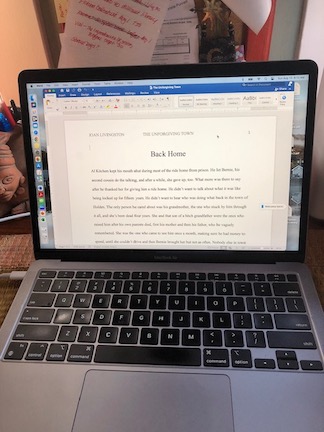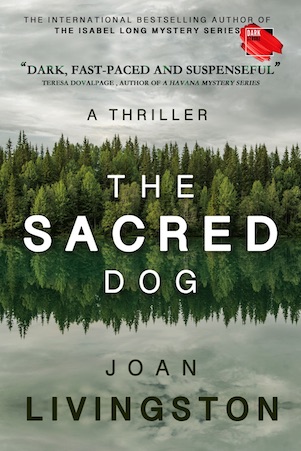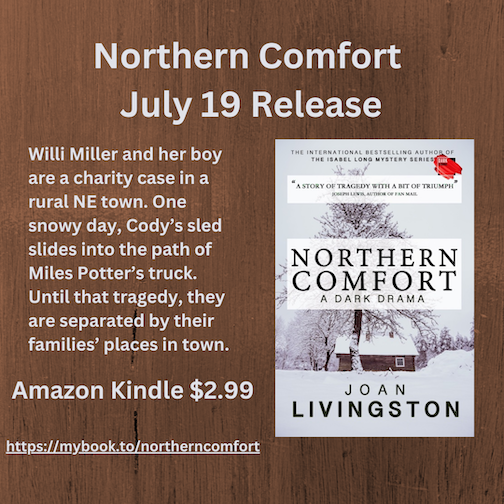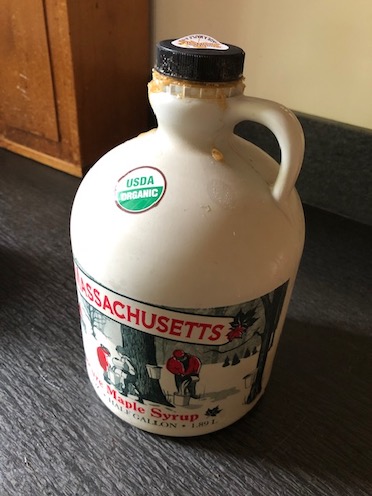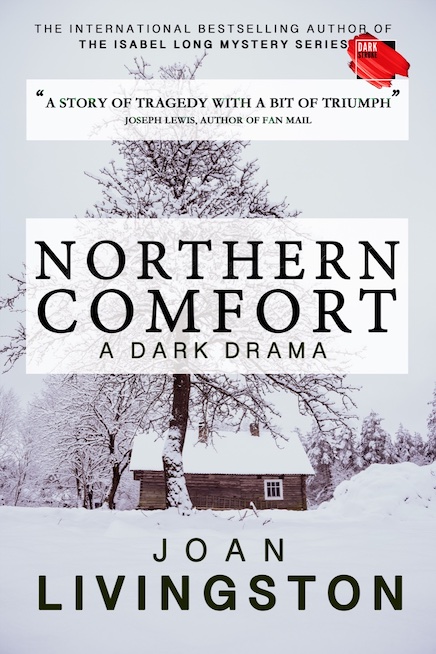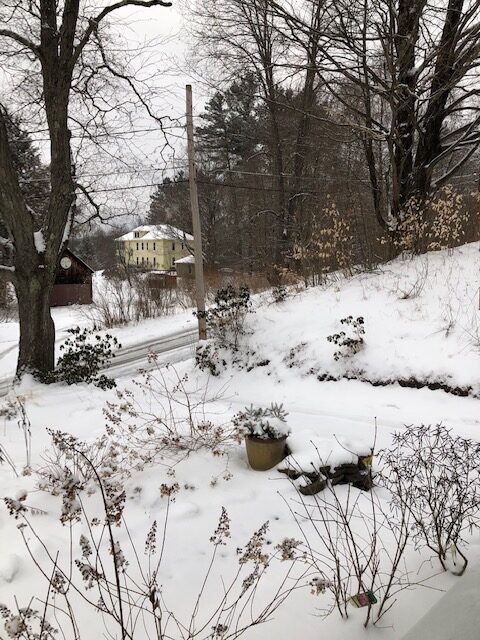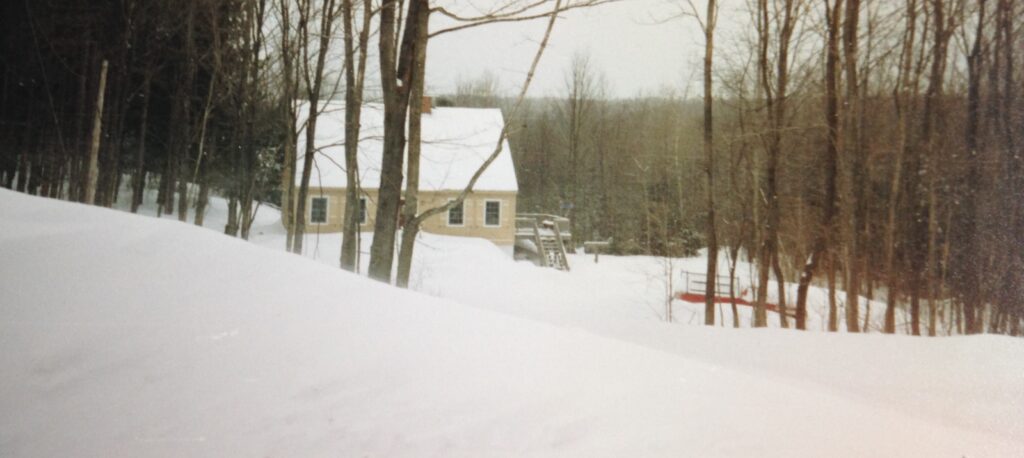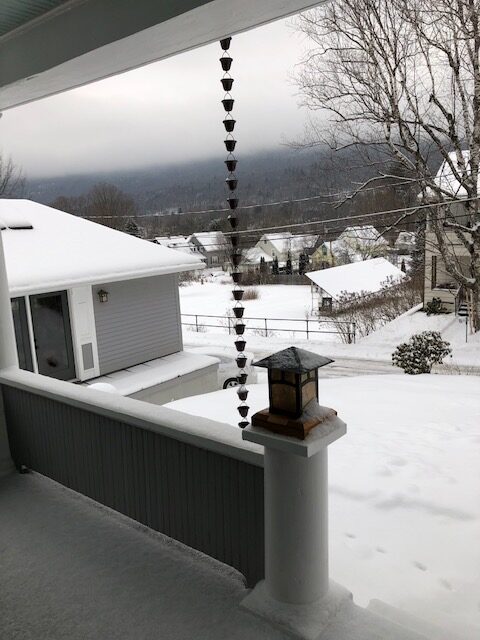I am skipping ahead to one of the profiles I wrote about people who lived in Worthington. After publishing my last two posts, I decided there is a lot more I could write concerning those early years when Hank and I moved our family to that hilltown in Western Massachusetts. I plan to post one a week but first I have to write them. So, I dug this profile from my computer’s files about the late Ralph Moran, who was 95 when he passed in 2007. A real character, I interviewed him and wrote this piece two years earlier.
Born in 1912, Ralph Moran has seen, did, and heard a lot, and he doesn’t mind sharing it. I told him I wanted to interview him for a book and now he’s ready. He’s sitting in his living room, snacking on cheddar crackers and taking a peek at the financial news on the Bloomberg network. He’s got an inquisitive face, smooth soft lines, and earlobes as long as Buddha’s.
Just checking, Ralph assures me in his buzz-saw voice.
I’ve known Ralph since we moved to Worthington in Western Massachusetts and his bus company drove our kids to school. Sometimes he did the kindergarten run and drop off our oldest son. One day my boy came home with a trilobite fossil and a science magazine. They were gifts from Ralph. Later Ralph and I served together on the library board.
Whenever we run into each other, I greet him as “the dangerous conservative.” He calls me the “dangerous liberal” because I am a newspaper editor. It’s all in good fun, and now as he relaxes in his easy chair, he talks about how he and his family moved here in 1951 and why he is still here. I ask: When did you feel it was your home? He chuckles. “I never gave it any thought,” and then, “People were cheerful, gregarious, and good-natured. I could make money. Living conditions were satisfactory.”
Ralph’s a busy man. Mornings, he hangs out in the back room of the general store where the real news in town, who’s doing what and who’s seeing whom, gets swapped over coffee and doughnuts. Tuesday nights, he might swing by Town Hall next door to his home to keep tabs on local politics. He serves on the Finance Committee, drawing up the town’s budget and keeping an eye on how Worthington spends its money. He claims to handpick those who serve with him although they are elected positions. At Town Meetings, Ralph, a former moderator, will give his two cents and more about how business is progressing. Then, he hosts his weekly think tanks, a gathering of 60-plus men who like to talk over what is happening well beyond this town’s borders. Ralph puts it this way: “I still have my nose in it.”
People might think Ralph is a native, but he’s one of those near natives, moving here with wife, Marge, to the hunting lodge he calls Toad Hall. Ralph has sold the house and the eight acres to the town for $80,000, an offer he made. He remains tenant for life.
Ralph came for a business opportunity with Henry Snyder, one of the town’s super-capitalists. He wanted to be a college history professor, but when he graduated from Dartmouth in ’35, it wasn’t a wise career choice. So, as Ralph puts it, he reinvented himself as an industrial engineer and worked for petroleum companies. After doing that for years, Ralph, another super-capitalist, went to work for himself, first building service stations, then getting involved in construction and busing schoolchildren, who he calls “kiddlies.” The transportation business suited him. He let the drivers, his ladies, take care of the buses while he and Marge got to travel and play golf. Ralph played golf for 78 years, but gave it up finally because of a bum shoulder. He says he used to be an above-average golfer, adequately competitive, but not outstanding.
Ralph says the town wasn’t significantly different then it is now although he once had a clear 150-degree view from his house to the hills in other towns. “I was disappointed that the trees grew,” he says.
His daughter, Catherine, who lives in New Jersey, visited this weekend. Not much of Ralph’s family is left. Marge died several years ago, and their son, Allen, earlier. In his practical way, Ralph say life goes on, people do die. His son’s death was a particularly hard one, however. He used to read something in the paper, and then pick up the phone to tell his son this story proves a point.
Ralph acknowledges winters in Worthington are hard on the elderly. But it suits him. The town has a health center. He has numerous friends and acquaintances. “People feed me, pat me on the head, and say nice things. Why go somewhere else just because it’s warmer? I’ve lived long enough anyway. I’m not anxious to die off, but on the other hand I’m not particularly anxious to live much longer.”
Here’s one more thing about Ralph. He’s not really the oldest person in Worthington although he holds the cane the town gives to mark that honor. In 1901 the Boston Post newspaper gave every town and city in the state in Massachusetts a cane with a 14-karat solid gold handle and a shaft of African ebony, to bestow on their eldest as a gimmick to sell more newspapers. The paper no longer exists, by the way. Over the years some places have managed to hold onto their canes, but many got lost when the family didn’t give it back after the oldest-timer died. That’s what happened in Worthington, and sometime in the ’80s a cabinetmaker in town made a new one.
It’s supposed to be a great honor being the oldest. This town and others typically have a ceremony and the newspaper always does a story. Some people are in sad shape, not really knowing they’re the most senior of citizens. Some spry folk accept the cane with gusto. But sometimes people don’t want any part of the cane. It carries a hex: you get it, and then you die. Several years ago, the cane went to the third-oldest resident because the first and second, two women, turned it down. Harry, an old rascal who lived in the town’s senior housing, proclaimed in his acceptance speech, “Maybe this cane will get rusty before you get it back.” The same happened with Ralph. The oldest man wanted nothing to do with it, but Ralph being the good sport he is went along with it.
Now about his think tank. There are about seven regulars, all men, although a couple of Ralph’s women friends will stop by. The living room with its long couches can accommodate ten nicely but any more, people just sit back and let others do the talking and that’s not the purpose of these gatherings. Ralph says the night begins with the group hanging onto something that transpired during the past week, and then it runs its own course. A discussion about the Balkan Peninsular leads to the Byzantine Empire, pleasing the inner history professor in Ralph. The hurricanes in the Gulf Coast bring up global warming. Every now and then he shouts when the discussion degenerates into old men discussing their ailments. There’ll be none of that, he says.
The night starts at 7:30 and occasionally he has to boot them out at 11. People get wound up. Sometimes discussion gets a little more raucous than it needs to be.
“It often swings around to the wretched Democrats and the wretched Republicans,” he quips.
One fellow, a devout Republican and a good friend, will stomp out when the liberals in the group start bad-mouthing the Bushes and their war policies. Ralph laughs gleefully at the thought.
HILLTOWN POSTCARDS: Interested in reading earlier posts? Just search for Hilltown Postcards on my website.


